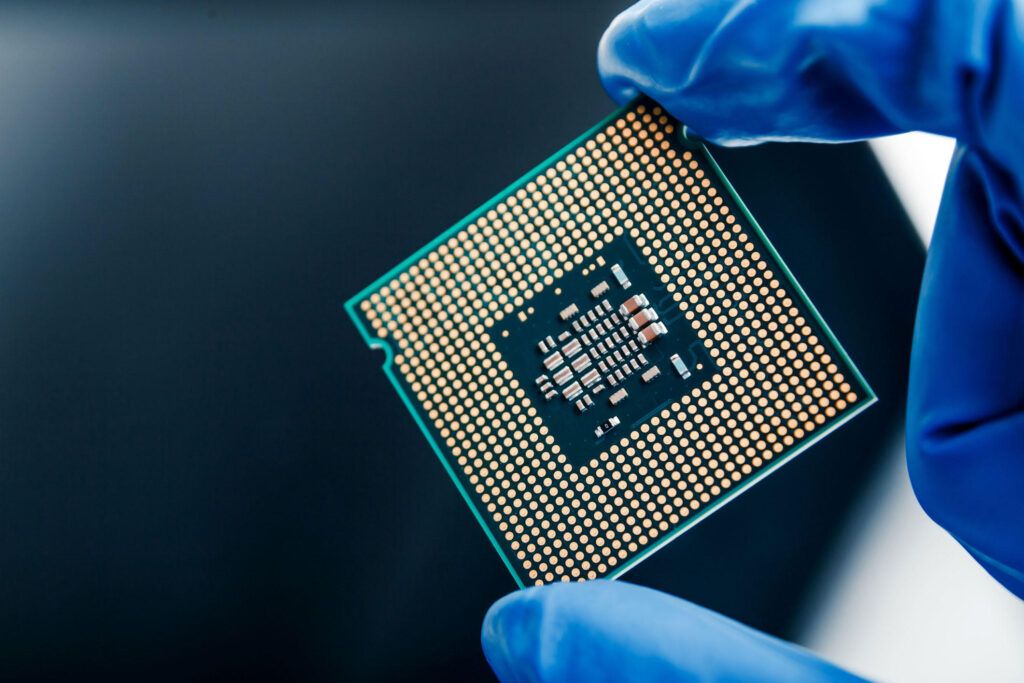Electronics Testing Labs play a pivotal role in the lifecycle of electronic products. Their primary function is to rigorously evaluate devices and their individual components to uncover potential issues, defects, or even the presence of counterfeit materials. By doing so, these labs empower manufacturers to identify areas for improvement, refine their designs, and consistently uphold superior quality standards. This process encompasses a wide range of activities, including comprehensive testing, precise calibration, essential certification, and detailed failure analysis.
Why Electronics Testing Labs Are Indispensable
The need for specialized Electronics Testing Labs stems from several factors:
- Quality Assurance: They verify that products function as intended under various conditions, ensuring reliability and durability.
- Safety Compliance: Electronic devices can pose risks if not properly designed and tested. Labs ensure products comply with safety regulations, preventing hazards like electrical shock, overheating, or fire.
- Performance Verification: They confirm that products perform to specified parameters, critical for complex systems and high-precision applications.
- Defect Detection: Early identification of manufacturing flaws or component failures saves manufacturers significant costs and reputational damage down the line.
- Counterfeit Prevention: Electronics Testing Labs are vital in detecting counterfeit components, which can compromise product integrity and safety.
Key Areas of Focus for Electronics Testing Labs
Electronics Testing Labs serve a diverse array of industries, each with its unique demands and regulatory landscape:
- Consumer Electronics: From smartphones and laptops to smart home devices and wearables, labs ensure these products are safe, reliable, and user-friendly.
- Automotive Electronics: Modern vehicles are heavily reliant on electronic systems for everything from engine management to infotainment. Labs test components for durability, performance, and resistance to harsh automotive environments.
- Medical Electronics: Devices like pacemakers, MRI machines, and diagnostic tools demand absolute precision and reliability. Electronics Testing Labs are crucial for validating the safety and efficacy of these life-critical instruments.
- Industrial Electronics: Equipment used in manufacturing, automation, and control systems must be robust and reliable. Labs test for resilience in demanding industrial settings.
- Telecommunications: Network infrastructure and communication devices undergo stringent testing to ensure seamless connectivity and data integrity.
- Semiconductor Testing: The foundational components of all electronics—semiconductors—are meticulously tested for functionality, performance, and defect rates by specialized labs.
Certifications and Advanced Testing Techniques
Compliance with national and international standards is non-negotiable for electronic products. Electronics Testing Labs are instrumental in helping manufacturers achieve essential certifications and accreditations, such as UL (Underwriters Laboratories), FCC (Federal Communications Commission), FDA (Food and Drug Administration) for medical devices, and EU CAB (Conformity Assessment Body) for products entering the European market. They also navigate IEEE (Institute of Electrical and Electronics Engineers) standards, among many others.
To keep pace with rapid technological advancements, leading Electronics Testing Labs employ sophisticated testing methodologies:
- Automated Testing: Utilizes robotics and software to conduct repetitive tests efficiently and accurately.
- In-Circuit Testing (ICT): Verifies the integrity of individual components and connections on a printed circuit board.
- Thermal Testing: Assesses how components and systems perform under varying temperature conditions.
- Reliability Testing: Subject products to stress conditions to predict their lifespan and identify potential failure points.
- Functional Testing: Ensures that the product’s features and functions operate according to specifications.
- Failure Analysis: Investigates the root cause of product failures to prevent future occurrences.
- Environmental Testing: Evaluates product performance under conditions such as humidity, vibration, shock, and electromagnetic interference (EMI/EMC).
The Strategic Advantage of Third-Party Electronics Testing Labs
While in-house testing facilities offer convenience, partnering with independent, third-party Electronics Testing Labs, often referred to as Contract Research Organizations (CROs) in a broader context, provides significant strategic advantages. These specialized labs bring unparalleled expertise, state-of-the-art equipment, and an impartial perspective that can be crucial for regulatory compliance and market acceptance. They offer:
- Objectivity: Third-party labs provide unbiased results, enhancing credibility with regulators and consumers.
- Specialized Expertise: Access to a broad range of testing capabilities and specialists, often beyond what in-house facilities can provide.
- Cost Efficiency: Eliminates the need for significant capital investment in equipment and personnel for sporadic or highly specialized testing requirements.
- Faster Time-to-Market: Their efficiency and dedicated resources can accelerate the testing phase, helping products reach the market quicker.
- Global Compliance: Many third-party labs have accreditations and knowledge spanning various international standards, simplifying global market entry.
For manufacturers seeking to ensure the highest quality, safety, and compliance of their electronic products, engaging with professional third-party Electronics Testing Labs is a wise investment. Their independent validation acts as a vital safeguard, reinforcing trust and facilitating market success.
If you are a manufacturer in need of electronics testing, certification, or analysis, submit a lab request today through ContractLaboratory.com to connect with qualified Electronics Testing Labs worldwide.

